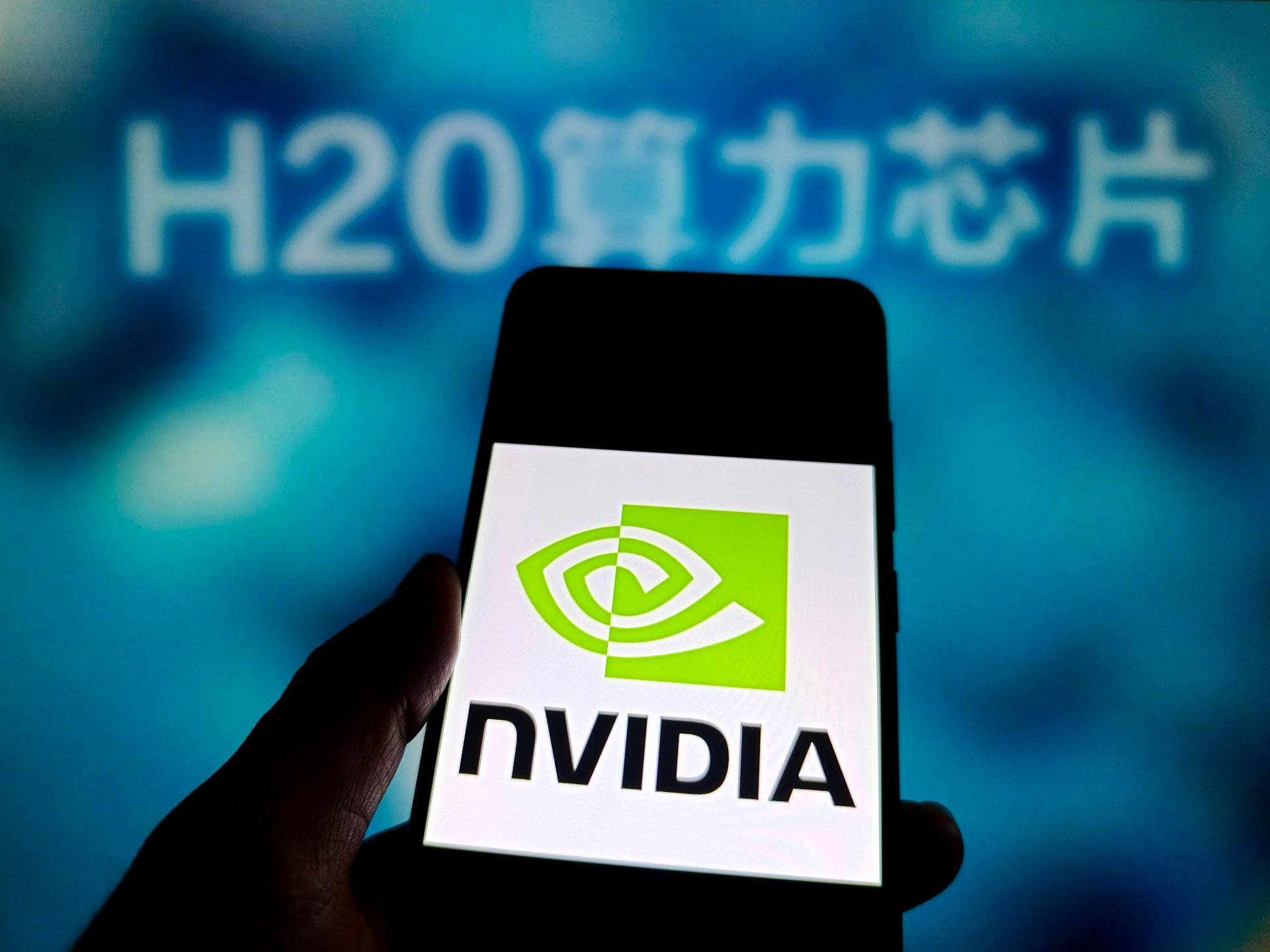China questions Nvidia over fears of security risks with its H20 chip
The move casts doubt over Nvidia's sales prospects in China, after the Trump administration reversed its ban on exporting chips to the country

CFOTO/Future Publishing via Getty Images
Officials in China said Thursday that they had summoned Nvidia representatives over concerns with its H20 artificial intelligence chip.
Suggested Reading
In a statement, China’s internet regulator pointed to “serious security issues” with the semiconductors, including “mature tracking and location and remote shutdown technologies."
Related Content
The move casts doubt over the U.S. tech giant’s sales prospects in China after President Donald Trump’s administration reversed its ban on exporting the chips to the country. The reversal was part of a broader de-escalation between the two countries ahead of a potential fall summit between Trump and Chinese President Xi Jinping.
In April, the U.S. Commerce Department banned Nvidia from selling the chips to China, citing the need to safeguard “national and economic security.” But Commerce Secretary Howard Lutnick told CNBC that the administration changed course so that China would still be “addicted” to using U.S. technology.
The latest move by the Cyberspace Administration of China (CAC) appears to cast doubt on whether that will happen, as the regulator pointed to proposed measures in the Chip Security Act. Under the bill, introduced in the House and Senate in May, AI chips under export restrictions would need to have location-tracking systems to protect against misuse.
The CAC said Thursday that it had summoned Nvidia representatives to “explain the backdoor security risks” with the semiconductors and “submit relevant supporting documentation.” It said the move was part of a bid to “safeguard the network and data security of Chinese users.”
Nvidia did not immediately respond to a request for comment.
The Santa Clara, California-based company produces components that are essential for training the most advanced AI models. It specifically designed its H20 chips for the Chinese market, which accounted for approximately 13% of Nvidia’s revenue last year, according to company filings.
The company took a $4.5 billion writedown on unsold H20 chips in May and stated that sales in its most recent financial quarter would have been $2.5 billion higher if export bans had not been in place.
But the decision to overturn the ban sparked criticism from Democrats earlier in July, who called it “abrupt and inexplicable” and raised security concerns, according to the Washington Post.
